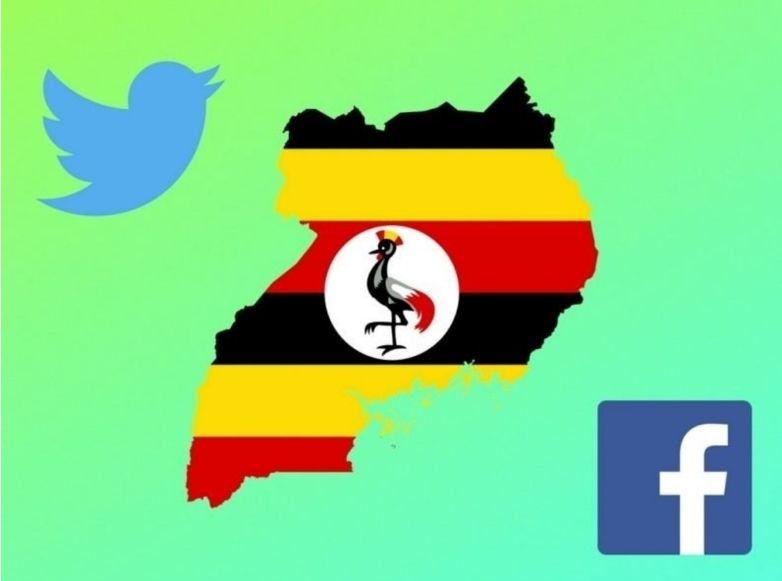You know the country to be the home of one of the mightiest tyrants ever who ever walked the face of the earth. You also know it to be a home to numerable national parks and a flowering wildlife scene. But did you know that Uganda is also upset with the constant obsessions and stirs taking place due to social media?
Has social media become such an obsession in Uganda that it had to take a sudden step in order to curb the growing menace? Usually, many a country has experienced a growing culture in the society, where kids and young stars at workforces are reported to be a little too indulgent on social media. You’ve also heard the case that so many among us are constantly talking on a Twitter, Facebook and Insta- our worlds’ undulating dancing to the rhythms and beats of reposts, retweets and status updates.
But did we ever hear about something as strange as a social-media tax? Especially something that has been specifically levied to control or prevent gossip? In a lighter vein, gossip and grapevine are what we all seek- whether at social circles at homes and families or at workplaces to kill time and provide our work-loaded lives with some relief points.
But when a Uganda decides to impose a ‘social-media’ tax, a country you do not usually hear a great deal of in mainstream media, you are worried about the times we are prevailing in. It speaks a thing or two about this deadly confluence of social interaction over the fold of technology. And those who might already be berating this decision would feel that it has uniquely announced itself to the world once again, having made heads turn in not the most admirable way during the former dictator’s life.

But in a matter of a simple instance when the President himself supports and comes in vocal support of the bill and rallies behind the idea, you understand the seriousness about the social media obsession in Uganda. Current President, Yoweri Museveni, it is believed, is a vocal supporter of the bill. Interestingly, in the run-up to the country’s national elections- circa 2016- the ruling President had actually suspended the access to social media apps.
The bill- obviously, a controversial one in nature and conception- was passed by the full-fledged parliament. And to boil it down to finances, on a daily basis, a sum of around 200 shillings, equivalent to 5 US cents, will be levied on anyone in the case where one is found using popular social media platforms and communications points such as Facebook, WhatsApp, Twitter or Instagram.
The government, it is believed is now going to monitor its citizens seriously on their social media usage. But since it’s Uganda we are talking about, then the correct phrase is an obsession. The current government is of the view that social media doesn’t really lead to any drastic change and for the most part of its presence or existence only promoted gossip.
That said, what are the commoners thinking of this one of a kind ‘social media tax’ is something that only locals at the vantage point can suggest. The rest, is, clearly- an instance of bias or conjecture. At this time, the levying of such a tax also puts into context a vital discussion that the workplaces and keepers (or administrators) of law need to have. There’s an urgency about having a diagloue about the usage of social media which, clearly, if not monitoried, may or may not lead to an obsession- the kinds that Uganda is facing.
Here’s what needs to be discussed rationally and with a clear perspective. Are we in an age where we cannot go without social media? Is our reliance of social media really of some great help? Could it be that banning social media from the workplaces as experienced and noted in some developed parts of the world may actually hold an answer.
But above everything, there’s also a cause of concern for particularly those who’s bread and butter is based on the social media. What about the digital marketers, social media experts or bloggers whose profession demands them to consume social media incessantly? Is imposing a fine on them- a sign of productive thinking? Aren’t they on the receiving end of the government’s concerted thinking, even as the decision has been made after having given it quite a thought? Perhaps, Uganda itself can come up with its share of an answer on this one.


